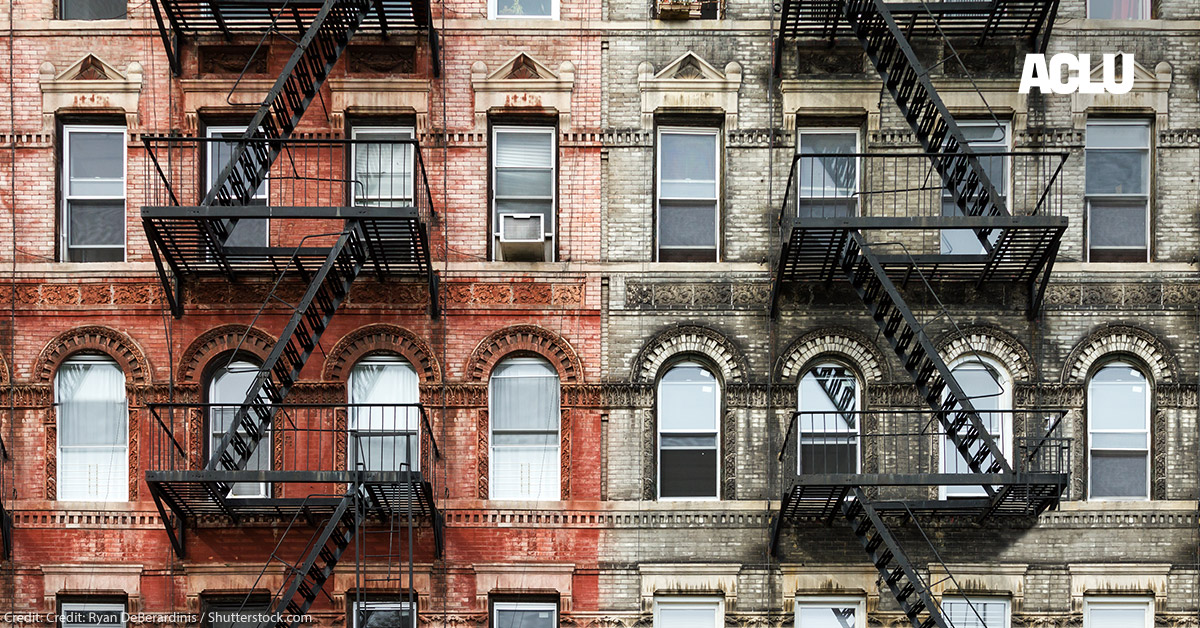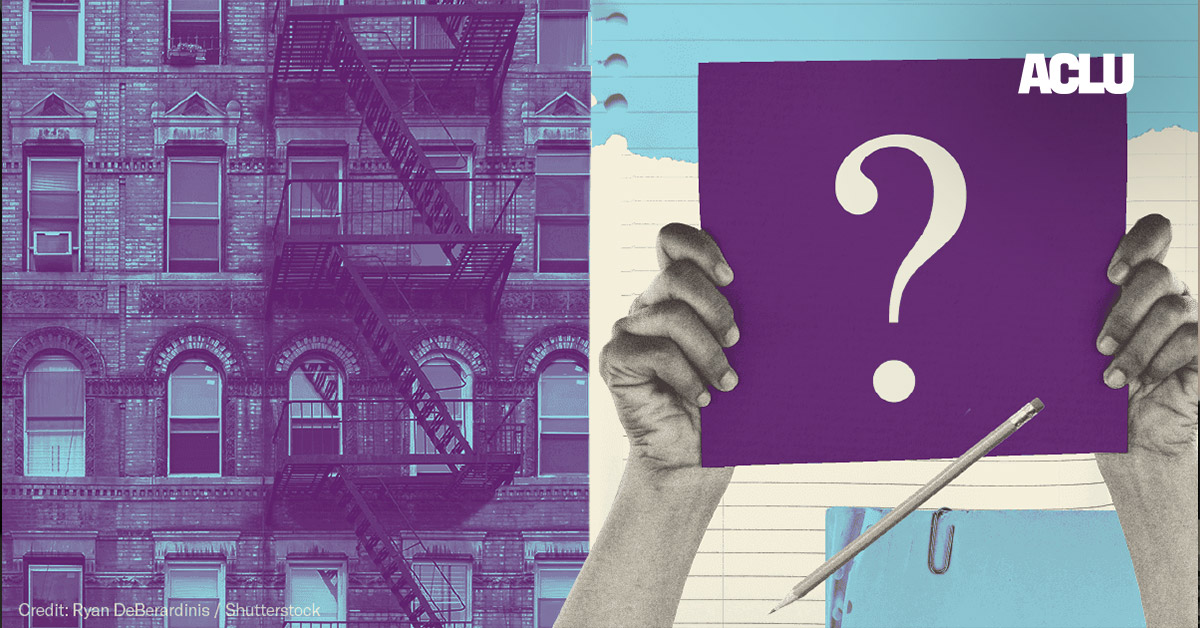While many might assume that racial housing segregation is a thing of the past, predatory practices by landlords keep it alive in communities across the country.
Landlords commonly use “no-evictions” policies that unfairly shut out families from housing for years. These policies broadly exclude applicants with an “eviction” — without distinguishing between eviction filings and judgments or considering individual circumstances. Instead, these policies automatically reject all applicants from housing if they have any connection to an eviction case, even if, for example, the eviction case was dismissed or very old, or the family is now financially stable.
Since our inception in 1968, HOPE Fair Housing (HOPE) has dedicated itself to eliminating housing discrimination in Illinois by standing at the forefront to challenge policies and practices that create barriers to housing choice for residents throughout Cook County and beyond. Blanket bans on people with arrest and conviction records, selective enforcement of crime-free and nuisance-free ordinances, and source of income discrimination all continue to impact Black households in Cook County and across the United States.
Now, we are taking on “no-evictions” policies as a significant barrier to fair housing for all families. With the help of the ACLU, the ACLU of Illinois, and the National Housing Law Project, we filed a civil rights complaint with the U.S. Department of Housing and Urban Development (HUD) against one of the largest operators of rental housing in Oak Park, Illinois. We argue that Oak Park Apartments’ “No-Evictions” policy both discriminates against Black renters and Black women renters and perpetuates and reinforces residential segregation.
According to an expert analysis, between September 2010 to March 2023, Black people were approximately 56% of those either served with an eviction case or evicted by the Sheriff’s Office in Cook County though they make up only 33% of all renters. Black women alone accounted for approximately 33% of those who experienced an eviction case despite making up just 22% of all renters. A housing provider that enforces a policy that denies the opportunity to rent to anyone who has an eviction filing or judgment is disproportionately denying housing to Black households and Black women in particular. With evictions in Cook County at the highest rate they have been in years, “No-Evictions” policies will continue to block families from new housing opportunities.
There is no justification for automatically rejecting all housing applicants because they had some connection to an eviction case. While housing providers can choose to complete tenant screenings, applying discriminatory criteria — such as those used by Oak Park Apartments — violates fair housing law. We can no longer ignore the consequences of these policies and the communities they harm.
Oak Park Apartments’ “no-evictions” policy is even more alarming because it perpetuates segregation in Oak Park. For more than 50 years, the village of Oak Park has made deliberate efforts to build and maintain a racially integrated community. Blanket tenant screening policies that deny applicants with “any eviction” the opportunity to rent an apartment are a threat to these efforts and contribute to racial segregation in Cook County.
All communities, and especially those dedicated to promoting integration such as Oak Park, deserve better than landlord policies that deny Black women the human right to housing opportunities. The residents of Oak Park should demand swift policy changes now from any housing provider that may be employing a “no evictions” blanket ban policy.
The U.S. Department of Housing and Urban Development Secretary Marcia L. Fudge has called on the fair housing movement to take action to correct the systems and barriers that are causing harm to our communities. We have responded, and trust that HUD will use its investigative and enforcement authority to eliminate these harmful policies in Oak Park, Cook County, and across the country.

